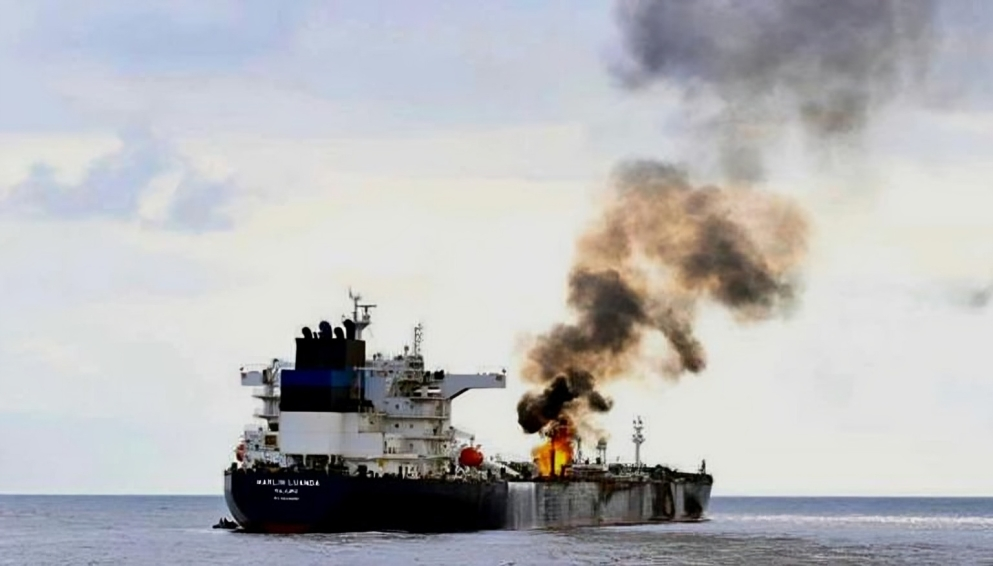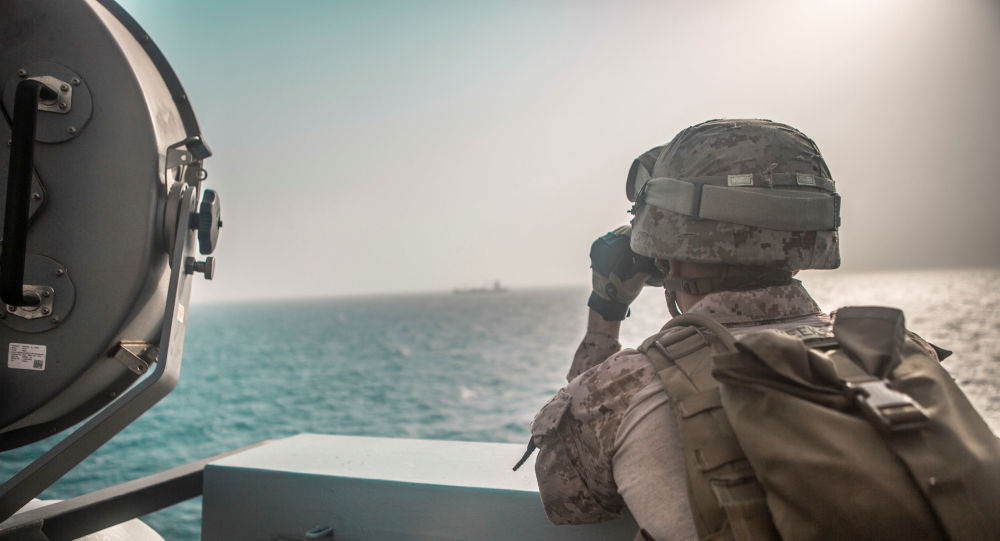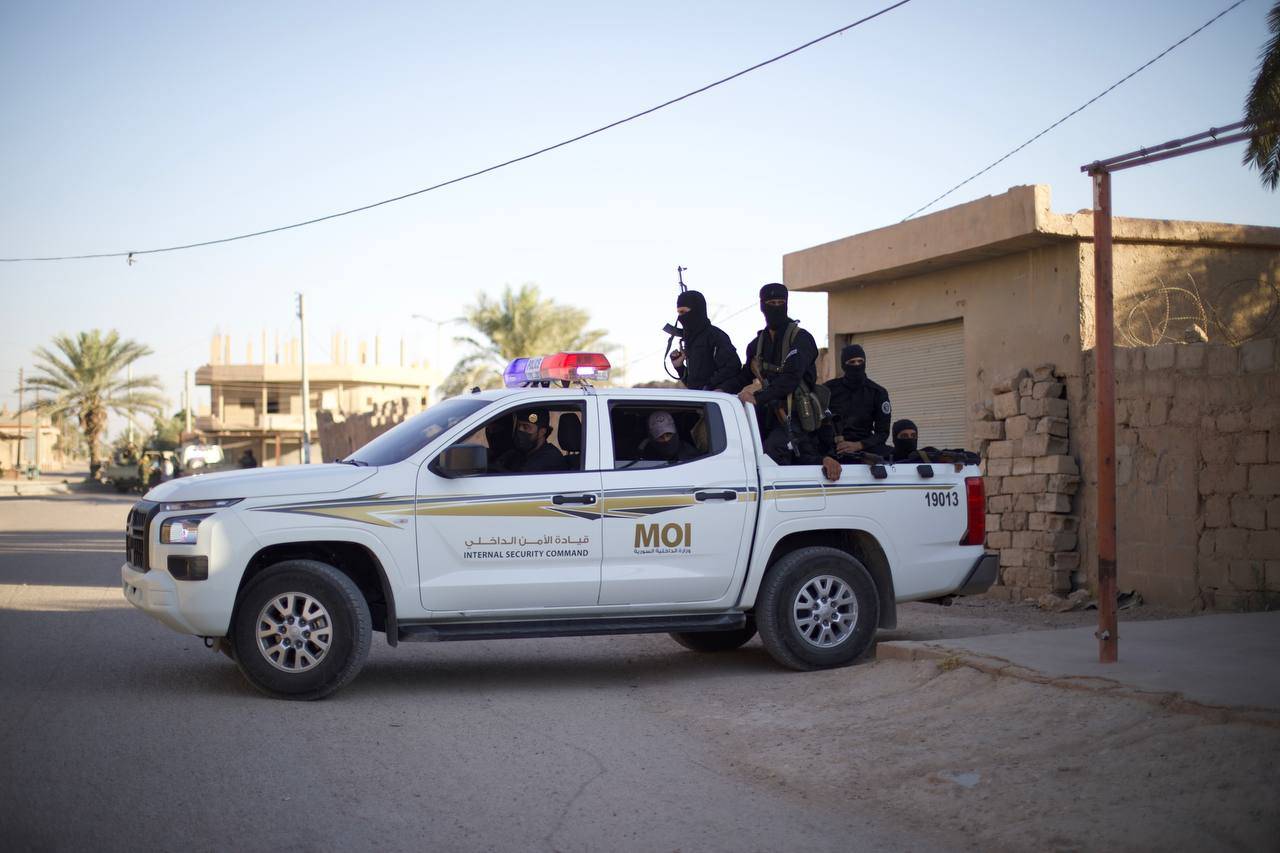
Barran Press
The United States on Monday, July 7, strongly condemned a Houthi attack on a commercial vessel in the Red Sea. This condemnation marks the first such U.S. denunciation since a May agreement between the Houthi group and the Trump administration, brokered by Oman.
The U.S. Embassy in Yemen, via its official X account, issued a statement expressing "severe condemnation" for the attack on the Magic Seas, a commercial vessel that was "peacefully transiting the Red Sea on its way to the Arab Republic of Egypt."
The embassy's statement characterized the incident as the latest in a string of "reckless attacks" that have targeted commercial vessels and civilian crews in the Red Sea over the past 18 months.
These attacks, the U.S. asserted, represent a "threat to global maritime security and international trade." They also "threaten to cause environmental damage to this vital waterway, which could destroy fish stocks and their industries in Yemen." The statement notably omitted any mention of the May agreement's status following the assault.
Vessel Damaged, Crew Evacuated After Red Sea Attack
On Sunday, the United Kingdom Maritime Trade Operations (UKMTO) reported that a commercial vessel, located 51 nautical miles southwest of Hodeidah, came under fire from multiple small boats using light weapons and projectiles.
Later, UKMTO confirmed that the vessel's company security officer reported water ingress and the evacuation of all crew members. The damage was attributed to a fire that erupted on board after the ship was struck by unidentified projectiles.
Israel Launches Retaliatory Strikes in Hodeidah
Meanwhile, on Sunday evening, the Israeli military initiated intensive aerial attacks on five key targets within Yemen's Hodeidah governorate. The operation, dubbed "Black Flag," aims to punish the Houthi group, which is internationally recognized as a terrorist organization. Israel confirmed that the military action would continue until its objectives are met.
In a statement, an Israeli military spokesperson indicated that the Israeli Defense Forces were conducting "intensive strikes on terrorist targets belonging to the terrorist Houthi regime." These targets reportedly included the ports of Hodeidah, Ras Issa, and Salif, along with the Ras Kuthib power station and the vessel Galaxy Leader.
Previous Agreement's Future in Question
The recent attack puts into question the durability of an agreement announced on May 6 by President Trump. At that time, Trump stated that the Houthis had "surrendered" and that U.S. strikes, which began in mid-March, would cease. He then affirmed: "We will stop the bombing, and they have surrendered. More importantly, we will take them at their word, and they say they will not blow up ships anymore, and that is the goal we want from what we have been doing."
Following Trump's remarks, the Omani Ministry of Foreign Affairs announced a ceasefire agreement between the U.S. and the Houthi group. This accord, it stated, would ensure that "neither party will target the other in the future, including vessels in the Red Sea," and would "guarantee freedom of navigation and the flow of international commercial shipping."
This latest Houthi attack undeniably casts a shadow over the stability of this previously brokered agreement and intensifies concerns regarding the future of maritime security in the crucial Red Sea waterway.





